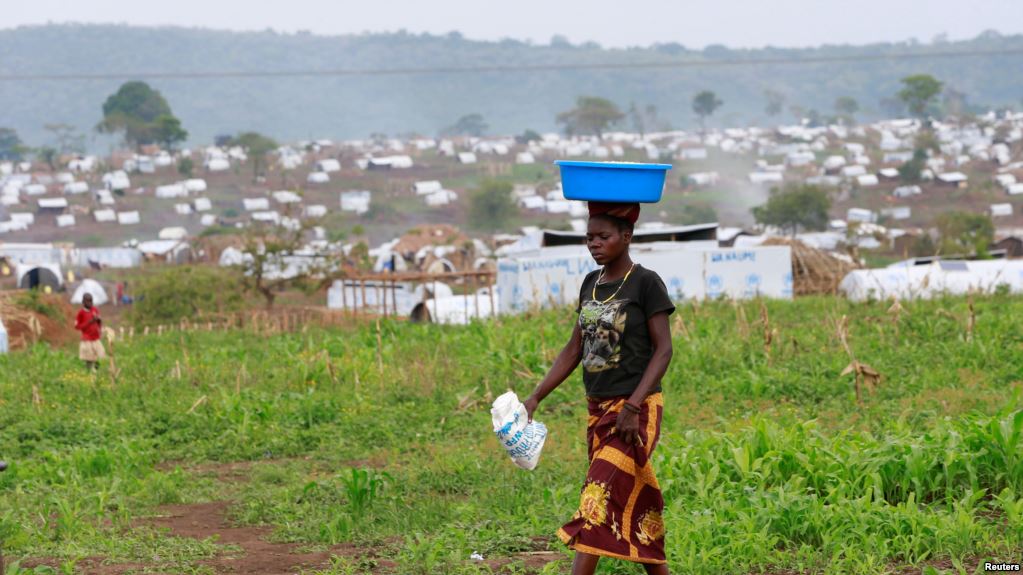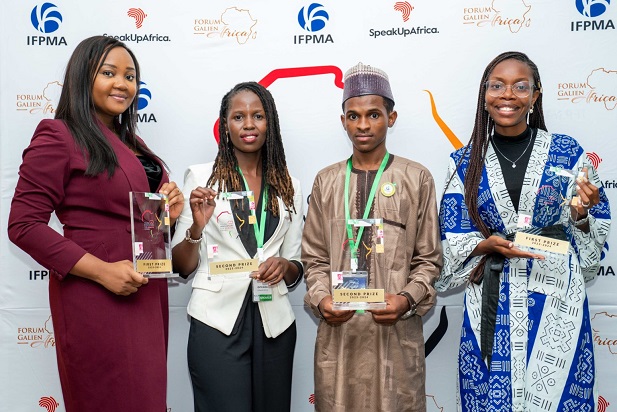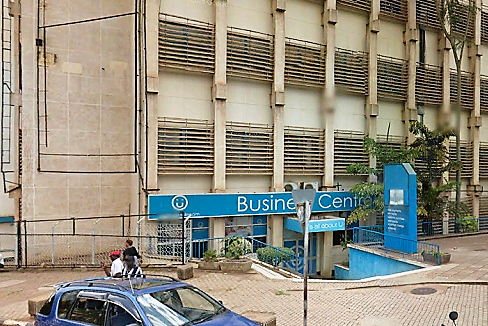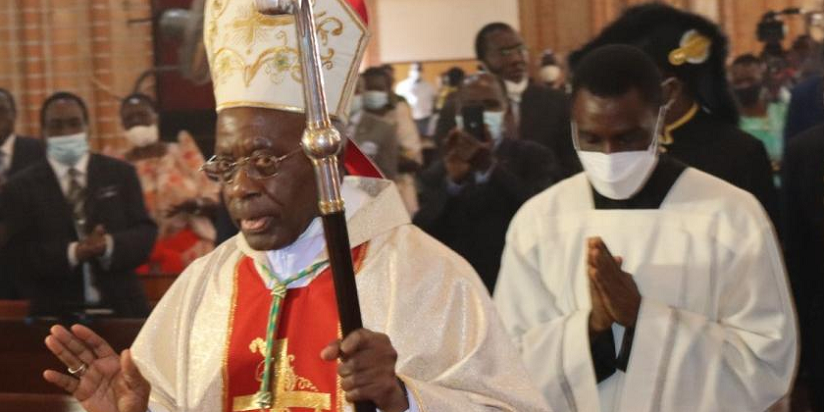The refugee population in Uganda stands at more than 1.4 million and growing, thanks to conflicts in South Sudan and the Democratic Republic of Congo. The influx is forcing Uganda to rethink its decades-old policy of allocating plots of land for refugees to farm and live on.
The Congolese refugees arrive on the Ugandan side of Lake Albert aboard rickety boats.
More than 60,000 have come since the start of the year. They are fleeing a fresh wave of communal violence in the northeastern D.R.C.
Now, the Kyangwali refugee settlement in western Uganda is growing crowded.
Nzeyimaana Emmanuel fled to Uganda in 2014. The government gave him use of a nine-by-nine meter plot of land in Kyangwali. The recent violence in Congo forced his family to join him.
He says we used to farm, but now the gardens have been reduced. Because of the influx, they told us we can’t continue farming.
Uganda began allocating land to refugees in the early 1960s. Ownership remains with the government or host communities, but refugees use the plots for free, building small homes of mud and wattle and cultivating small gardens. The goal is to make refugees self-reliant and able to feed themselves.
But amid the influx from Congo, the government says it must redesign some settlements, including Kyangwali. Musa Ecweru is Uganda’s minister for relief, disaster management and refugees.
“So that refugees will not be scattered through the camp like we have to date handled,” he said. “We are going to reorganize them to the extent that there will be settlement on just one side of the camp. And then three quarters of the camp will be used for extensive agriculture.”
The refugee influx from Congo over past three months has already exceeded the U.N.’s projection for all of 2018, and more are expected.
But a potentially bigger challenge remains in northern Uganda. That part of the country is home to more than one million South Sudanese refugees, most of whom have arrived since 2016.
The influx has created tension with locals who feel the refugees get better treatment than they do.
“You find the citizen of this country going hungry,” said Gilbert Olanya, a member of national parliament from northern Uganda. “There is no food, but refugees are being supplied with enough food. No proper medical services but refugees come, they have medical services. No water supplies, but in the camps there is water. Therefore, we really feel the government is not doing much for the local people who have given their land for the refugees to settle in.”
Some communities have demanded they also get priority for jobs with aid groups serving the refugees.
Frustrations have flared in recent months. There have been reports of local residents assaulting refugees, attempting to block access for aid groups or burning the groups’ vehicles.





